
Find Help
More Items From Ergsy search
-

Are homeopathic treatments covered by the NHS?
Relevance: 100%
-

Are homeopathic medicines safe?
Relevance: 86%
-
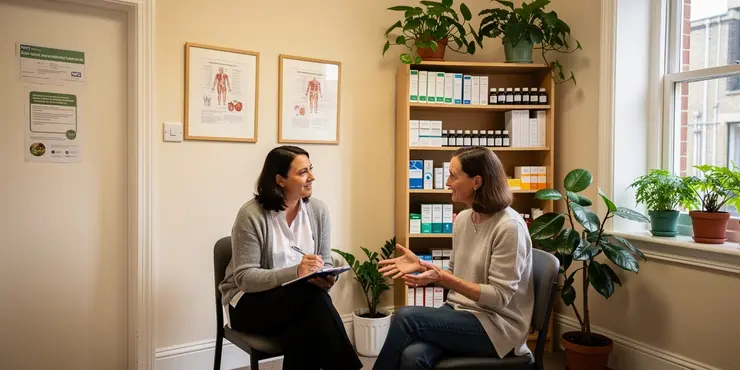
Who can prescribe homeopathic remedies?
Relevance: 81%
-
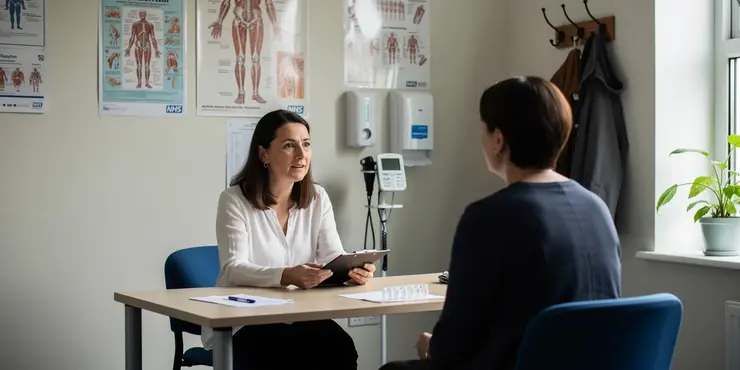
How can I find a qualified homeopath in the UK?
Relevance: 80%
-
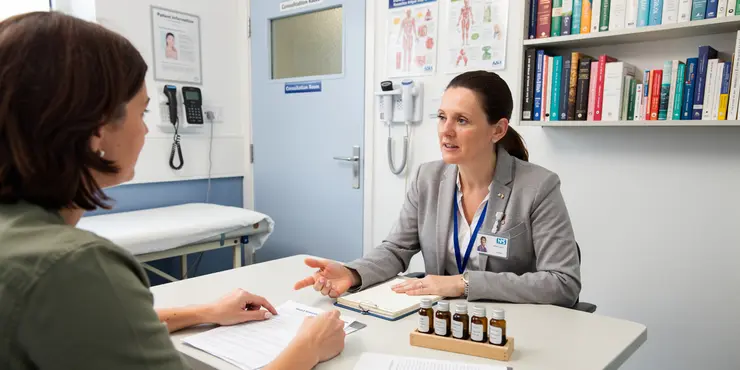
What is Homeopathy and Homeopathic Medecine?
Relevance: 79%
-

Do homeopathic medicines contain any active ingredients?
Relevance: 76%
-

How are homeopathic medicines made?
Relevance: 75%
-

Is it necessary to stop conventional treatment when starting homeopathy?
Relevance: 49%
-

Can homeopathy treat all medical conditions?
Relevance: 44%
-
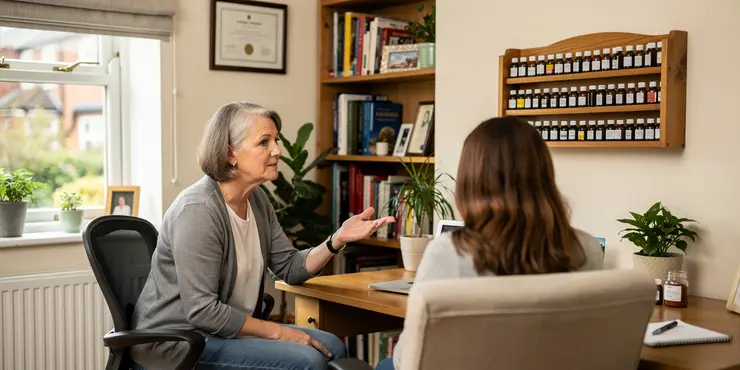
Is homeopathy widely used in the UK?
Relevance: 42%
-

How does homeopathy differ from conventional medicine?
Relevance: 41%
-

What is the principle of 'like cures like'?
Relevance: 40%
-
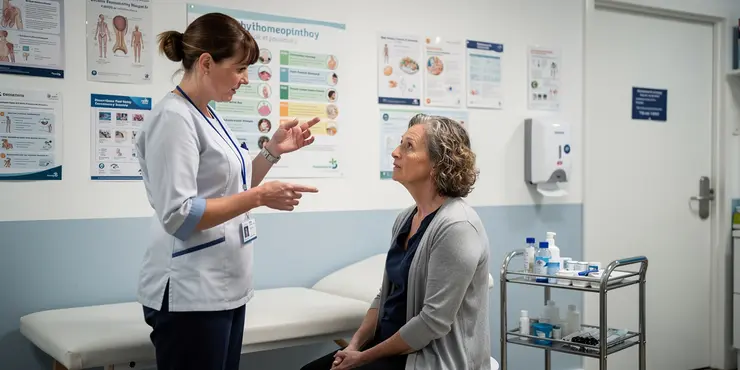
What are some common conditions treated with homeopathy?
Relevance: 40%
-
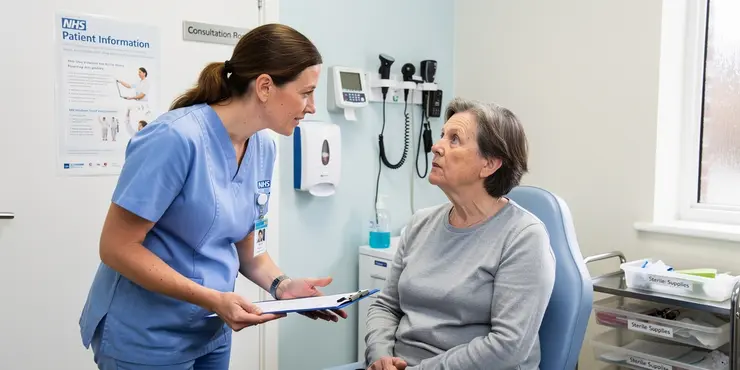
Who founded homeopathy?
Relevance: 40%
-
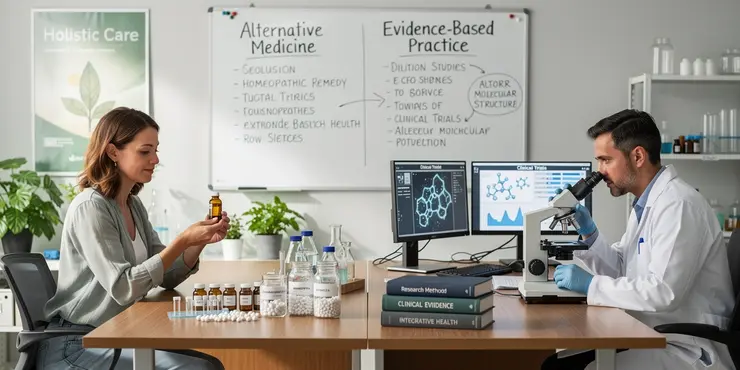
Are there any scientific studies supporting homeopathy?
Relevance: 32%
-

Having chemotherapy and other treatments in the Day Treatment Unit
Relevance: 29%
-
Is there a treatment for measles?
Relevance: 28%
-

Is there a treatment for measles?
Relevance: 28%
-
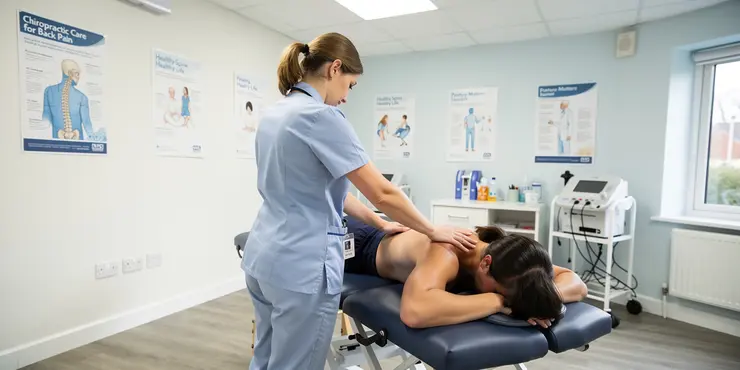
Are chiropractic treatments safe?
Relevance: 28%
-

Is Botox treatment expensive?
Relevance: 28%
-
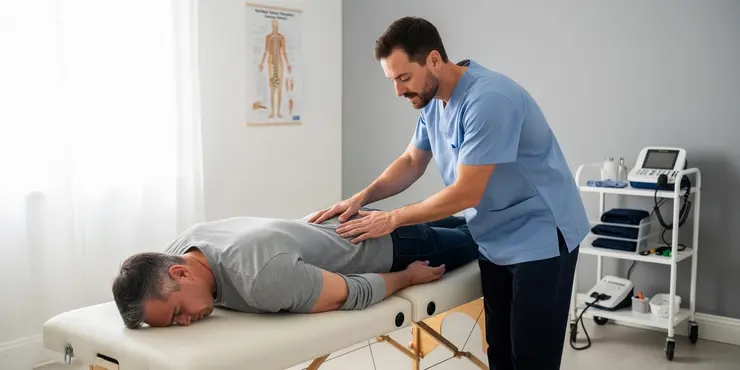
Are chiropractic treatments painful?
Relevance: 28%
-

What is the treatment for appendicitis?
Relevance: 28%
-

Eating disorders: treatment
Relevance: 27%
-
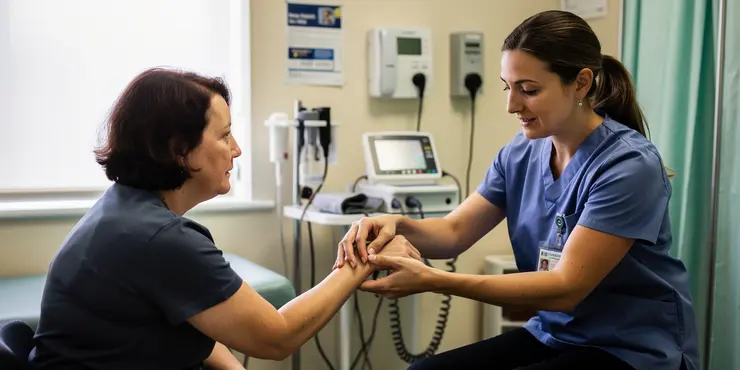
Are there any alternative treatments for Carpal Tunnel Syndrome?
Relevance: 27%
-

Is Paillon treatment a form of chemotherapy?
Relevance: 27%
-

What is Paillon treatment for cancer?
Relevance: 27%
-

Who developed the Paillon treatment?
Relevance: 27%
-
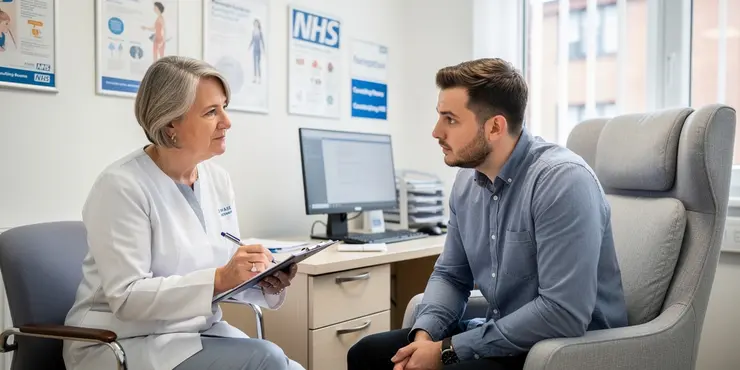
How is Paillon treatment administered?
Relevance: 27%
-

BSL - Treatments for insomnia
Relevance: 27%
-
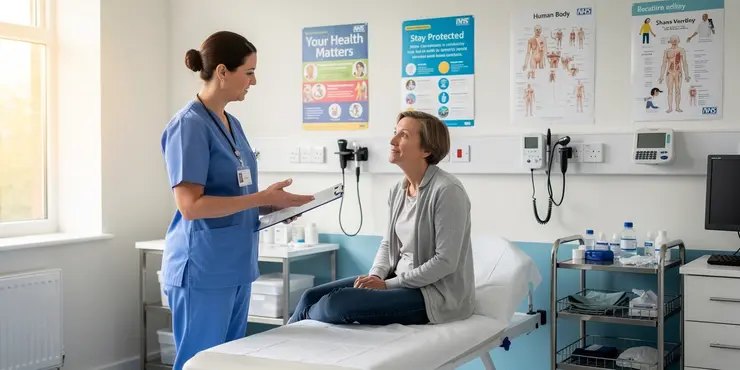
Is Paillon treatment FDA approved?
Relevance: 27%
-
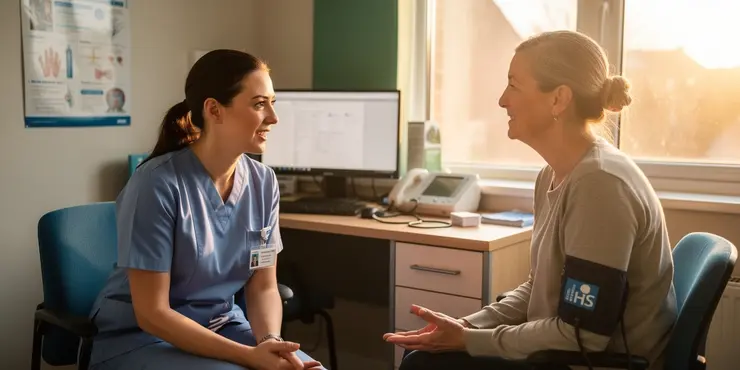
Is a prescription required for Paillon treatment?
Relevance: 27%
-

Fertility treatments on the up, but not via the NHS
Relevance: 27%
-

What are topical treatments for psoriasis?
Relevance: 27%
-
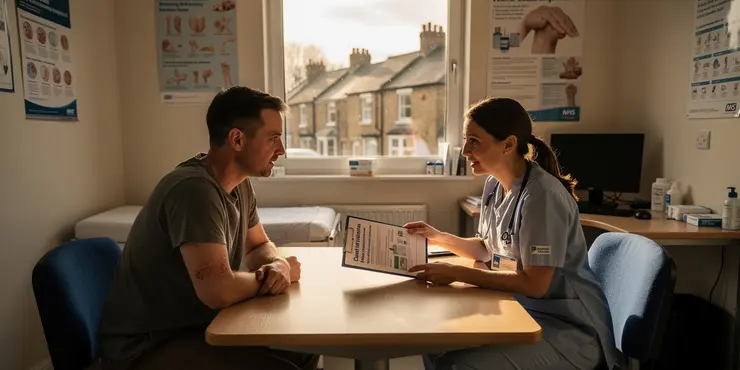
What treatments are available for eczema?
Relevance: 26%
-
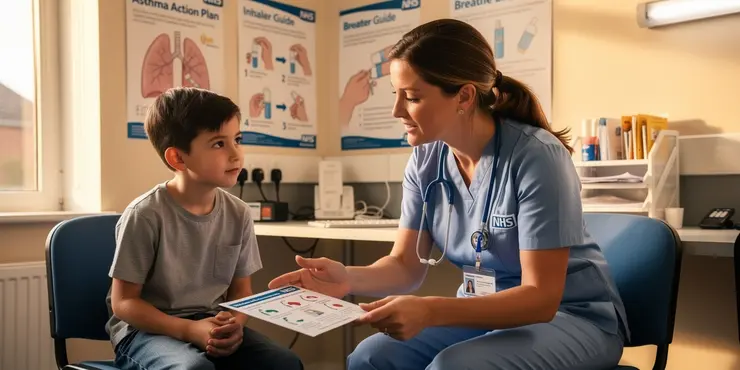
Are inhalers the only treatment for asthma?
Relevance: 26%
-

What is the treatment for bacterial meningitis?
Relevance: 26%
-
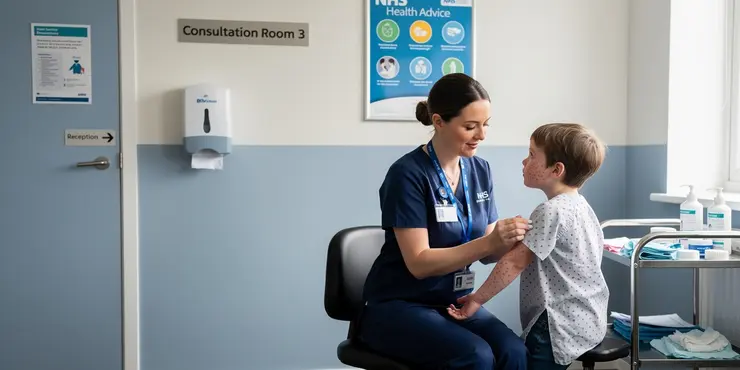
What is the treatment for chickenpox?
Relevance: 26%
-
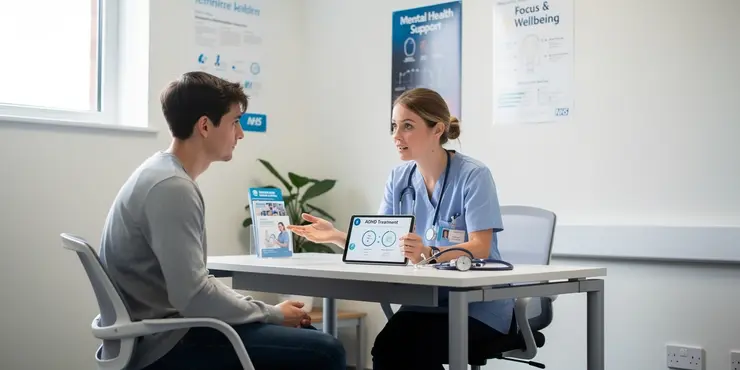
What are common treatments for ADHD?
Relevance: 26%
-
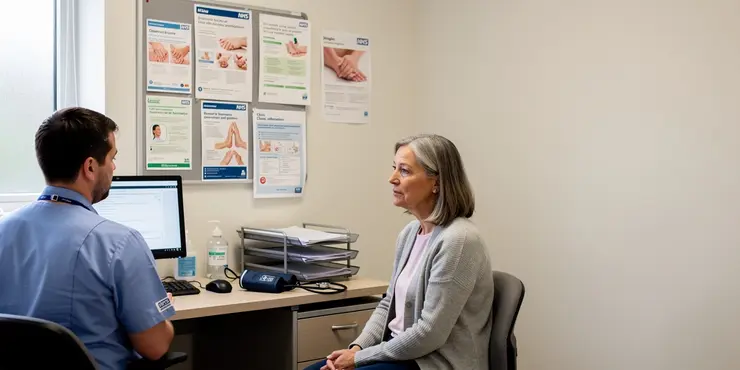
What treatments are available for shingles?
Relevance: 26%
-
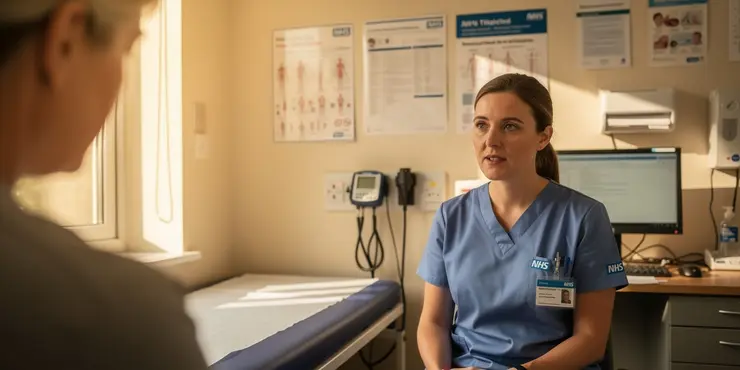
What treatments are available for shingles?
Relevance: 26%
Are Homeopathic Treatments Covered by the NHS?
Homeopathy, a form of alternative medicine based on the principle that "like cures like," has been used for over 200 years. It employs highly diluted substances to treat various ailments. Despite its popularity among certain groups, its integration into conventional medical practices and coverage by public health services such as the UK's National Health Service (NHS) has been complex and widely debated.
NHS Position on Homeopathy
As of the latest updates, the NHS does not routinely provide homeopathic treatments as part of its offerings. The rationale behind this decision largely stems from a lack of robust scientific evidence proving the effectiveness of homeopathic remedies. The NHS prioritizes treatments and interventions that are evidence-based and have demonstrated consistent clinical benefits through rigorous scientific evaluation.
Exceptions and Availability
Despite the general policy, there are very limited exceptions where homeopathic treatments might be available through specific NHS trusts or clinics. These instances are rare and often depend on local clinical commissioning decisions. However, patients desiring homeopathic care might need to seek out private practitioners, which could involve out-of-pocket expenses.
Public Opinion and Controversy
The debate surrounding homeopathy and the NHS touches on broader public health philosophies and funding allocation for evidence-based medicine. While some patients and practitioners advocate for broader acceptance of alternative therapies like homeopathy, others argue that NHS resources should be strictly devoted to treatments with documented clinical efficacy.
Conclusion
In summary, homeopathic treatments are not widely covered by the NHS due to a lack of supporting scientific evidence. While some localized services may offer such treatments, they are the exception rather than the rule. Patients interested in homeopathy may need to explore private healthcare options to access these services.
Are Homeopathic Treatments Covered by the NHS?
Homeopathy is a type of medicine. It is based on the idea that a small amount of a sick-making thing can make you better. People have used it for over 200 years. But mixing homeopathy with regular medicine in the UK has been tricky. This is because doctors and scientists don't fully agree on it.
NHS Position on Homeopathy
The NHS is the UK's health service. It does not usually pay for homeopathy. This is because there is not enough proof that it works well. The NHS likes to use treatments that have been tested and proven to help people get better.
Exceptions and Availability
Sometimes, there are a few places in the NHS where you might get homeopathy, but this is rare. This depends on the choices of local health groups. If you want homeopathy, you might need to go to a private doctor, which can cost money.
Public Opinion and Controversy
People have different opinions about homeopathy. Some want it to be used more. Others think the NHS should only pay for medicine that has been proven to work well.
Conclusion
Most of the time, the NHS does not pay for homeopathy because there is not enough scientific proof that it works. If you want homeopathy, you might have to pay for private healthcare.
Frequently Asked Questions
Are homeopathic treatments covered by the NHS?
Homeopathic treatments are generally not covered by the NHS. Most NHS clinical commissioning groups (CCGs) do not fund homeopathy, considering it to have little evidence for its efficacy.
Can I get a prescription for homeopathy from my GP?
While some GPs may have previously prescribed homeopathic treatments, it is now uncommon as the NHS guidance recommends against funding for homeopathy.
Why does the NHS not recommend homeopathy?
The NHS does not recommend homeopathy because scientific evidence does not support its efficacy, and treatments are not effective beyond a placebo effect.
Are there any homeopathic hospitals in the UK?
The Royal London Hospital for Integrated Medicine is one of the few remaining institutions offering complementary therapies, including homeopathy, but services are being reduced.
Can I still access homeopathic treatment privately?
Yes, you can access homeopathic treatments privately through practitioners who offer these services outside the NHS.
What are the alternatives to homeopathy for NHS treatment?
The NHS encourages evidence-based medical treatments and therapies that are scientifically proven to be effective as alternatives to homeopathy.
Is homeopathy covered by private insurance in the UK?
Some private health insurance plans may offer coverage for homeopathic treatments, but this varies significantly by provider and plan.
Can homeopathy be effective for certain conditions?
There is no strong scientific evidence to support the effectiveness of homeopathy for any specific health condition according to NHS guidelines.
Has NHS policy on homeopathy changed over the years?
Yes, NHS policy has shifted towards not supporting homeopathy due to the lack of scientific backing, leading to reduced funding and support.
Where can I find more information on NHS policies about homeopathy?
The NHS website and the National Institute for Health and Care Excellence (NICE) provide detailed information on homeopathy and related policies.
What is the stance of the British Medical Association on homeopathy?
The British Medical Association has stated that homeopathy should not be funded by the NHS and that it is not grounded in scientific evidence.
Can children receive homeopathic treatments through the NHS?
It is unlikely for children or adults to receive NHS-funded homeopathic treatments due to the overall lack of support for these therapies.
Are there any risks associated with homeopathy?
While homeopathy is generally considered safe, relying on it instead of proven medical treatments can pose risks to health by delaying effective care.
How can I find a qualified homeopath in the UK?
To find a qualified homeopath, look for practitioners registered with professional bodies like the Society of Homeopaths or the Faculty of Homeopathy.
What role did homeopathy play historically with the NHS?
Homeopathy was once offered more widely within the NHS, but its role has diminished significantly due to scrutiny over its efficacy and lack of scientific support.
Does the NHS pay for homeopathic treatments?
Homeopathic treatments are special kinds of medicine. They use very tiny amounts of natural things to help people feel better.
The NHS is the part of the government that helps people when they are sick. Sometimes, the NHS might pay for homeopathic treatments.
It is a good idea to ask your doctor if the NHS will pay for homeopathic treatments. Not all places offer them.
If you need help understanding, you can ask someone you trust, like a family member or a friend, to explain.
The NHS usually doesn't pay for homeopathic treatments. Most NHS groups that decide on funding don't pay for homeopathy because they don't think it works well.
Can my doctor give me homeopathy medicine?
Homeopathy is a type of medicine. You can ask your doctor about it. Your doctor is also called a GP.
If you want homeopathy, talk to your doctor. They will tell you if it is the right choice for you.
When talking to your doctor, it might help to:
- Write down questions you have before you go.
- Bring someone with you to help remember what the doctor says.
- Ask the doctor to explain things clearly.
Most doctors do not give patients homeopathy treatments anymore. This is because the NHS says not to spend money on homeopathy.
Why doesn't the NHS say yes to homeopathy?
The NHS thinks homeopathy isn't very helpful for making people better.
If you want to know more about how medicine works, talk to a doctor or nurse. They use things like science and tests to understand what helps people.
The NHS does not say people should use homeopathy. This is because there is no good science to show it works better than a sugar pill.
Are there homeopathic hospitals in the UK?
Can you get homeopathic treatment at hospitals in the UK? Let's find out in simple words.
Homeopathy is a way of using tiny amounts of natural substances to help people feel better.
Yes, there are some places in the UK where you can get homeopathic treatment in hospitals. They use natural methods to help people heal.
To learn about these hospitals, you can:
- Ask a doctor or nurse about homeopathic hospitals.
- Use the internet with a friend's help to search for "homeopathic hospitals UK."
- Use sites like Google Maps to find hospitals near you.
Using these tools can help you find out where you can go for homeopathic care.
The Royal London Hospital for Integrated Medicine is a special hospital. It gives different types of treatments, like homeopathy, that work with regular medicine. But now, these special treatments are being offered less.
Can I still get homeopathic treatment on my own?
You can still see a homeopathic doctor privately. This means you pay for it yourself. You can book an appointment when you want.
If you need help booking, ask a friend or family member. You can also use a computer or smartphone to find a doctor near you.
It is also good to ask the doctor any questions you have. Write down your questions before your visit so you remember them.
Yes, you can get homeopathic treatments from special doctors. They work outside the NHS, which is the regular health service.
What other treatments can you get from the NHS instead of homeopathy?
The NHS wants people to use medical treatments that are proven to work well. These treatments are based on science and have been tested. They are a good choice instead of homeopathy.
Will my private insurance in the UK pay for homeopathy?
If you have private insurance in the UK, you might want to know if it pays for homeopathy.
Homeopathy is a way to help people feel better using very small amounts of natural things like plants.
Here are some tips that might help you find out:
- You can call your insurance company and ask them.
- Look at the papers from your insurance to see what's covered.
- Ask a grown-up or someone you trust to help you understand.
Some health insurance plans might help pay for homeopathic treatments. This depends on your insurance company and plan.
Does homeopathy work for some health problems?
Homeopathy is a way to treat some health problems. It uses tiny amounts of natural things like plants and minerals.
If you want to know if homeopathy works for you, talk to a doctor or someone who knows a lot about it.
Using pictures or videos can help you understand more about homeopathy.
The NHS says there is no good proof that homeopathy works for health problems.
Has the NHS changed its mind about homeopathy over time?
Homeopathy is a way some people try to feel better. It uses tiny amounts of natural stuff, like plants.
The NHS is a group that helps us stay healthy. It decides what treatments to use.
This question is asking if the NHS thinks differently about homeopathy now compared to before.
If you find reading hard, try these tips:
- Ask a friend or family member to read it with you.
- Use a computer tool that reads out loud.
- Break big words into smaller parts.
Yes, the NHS has changed its rule. They do not support homeopathy anymore. This is because science does not back it up. So, they give it less money and help now.
To help understand more about this topic, you can:
- Use apps that read text out loud.
- Watch videos about the NHS and homeopathy.
- Ask someone to explain words or ideas you find tricky.
Where can I learn more about NHS rules on homeopathy?
You can visit the NHS website to read about their rules and decisions on homeopathy. If you need help, you can use tools like text-to-speech to listen to the website. You can also ask a friend or carer to help explain the information to you.
The NHS website and NICE have lots of helpful information about homeopathy. You can find out about their rules and advice.
What does the British Medical Association think about homeopathy?
The doctors' group in the UK says the NHS should not pay for homeopathy. They say homeopathy is not based on science.
Can children get homeopathic treatments from the NHS?
Homeopathy is a way some people use to try to help health problems. It uses special diluted natural mixes.
In the UK, the NHS usually does not offer homeopathy treatments. This means you might not get them from your doctor at the NHS for free.
If you want to try homeopathy for your child, you might have to pay for it yourself.
It's a good idea to talk to your doctor before trying new treatments. They can help you understand what is safe for your child.
Children and grown-ups probably won't get free homeopathy treatments from the NHS. This is because there isn't much support for these treatments.
Is homeopathy safe?
Homeopathy uses little bits of plants or minerals to help people feel better. There are some things to be careful about:
- Sometimes it might not work, and you could stay sick longer.
- Some people might have bad reactions, like feeling itchy or sick.
- Always ask a doctor or nurse before trying it.
Tools like picture cards or apps with sounds can help you understand more about health topics.
Homeopathy is usually safe. But if you choose homeopathy instead of real medical help, it can be risky. It might stop you from getting help that works well.
How can I find a good homeopath in the UK?
A homeopath is a person who uses natural ways to help you feel better. Here is how you can find a good one:
1. Ask people you know: Talk to your family or friends. They might know a good homeopath.
2. Look online: Use the internet to search for homeopaths near you. Read reviews to see what other people say.
3. Check websites: There are special websites like Society of Homeopaths where you can find homeopaths who are trained.
4. Call or visit: You can call and ask questions. You can also visit to see if you feel comfortable.
Tip: When you meet the homeopath, ask them about their training and experience. This helps you know if they can help you.
To find a homeopath, look for someone who is part of groups like the Society of Homeopaths or the Faculty of Homeopathy.
How was homeopathy used in the NHS in the past?
Homeopathy used to be offered more in the NHS. But now, it is not offered as much because people looked closely at it and found it does not work well. It also does not have support from science.
Useful Links
This website offers general information and is not a substitute for professional advice.
Always seek guidance from qualified professionals.
If you have any medical concerns or need urgent help, contact a healthcare professional or emergency services immediately.
Some of this content was generated with AI assistance. We’ve done our best to keep it accurate, helpful, and human-friendly.
- Ergsy carfully checks the information in the videos we provide here.
- Videos shown by Youtube after a video has completed, have NOT been reviewed by ERGSY.
- To view, click the arrow in centre of video.
- Most of the videos you find here will have subtitles and/or closed captions available.
- You may need to turn these on, and choose your preferred language.
- Go to the video you'd like to watch.
- If closed captions (CC) are available, settings will be visible on the bottom right of the video player.
- To turn on Captions, click settings .
- To turn off Captions, click settings again.
More Items From Ergsy search
-

Are homeopathic treatments covered by the NHS?
Relevance: 100%
-

Are homeopathic medicines safe?
Relevance: 86%
-

Who can prescribe homeopathic remedies?
Relevance: 81%
-

How can I find a qualified homeopath in the UK?
Relevance: 80%
-

What is Homeopathy and Homeopathic Medecine?
Relevance: 79%
-

Do homeopathic medicines contain any active ingredients?
Relevance: 76%
-

How are homeopathic medicines made?
Relevance: 75%
-

Is it necessary to stop conventional treatment when starting homeopathy?
Relevance: 49%
-

Can homeopathy treat all medical conditions?
Relevance: 44%
-

Is homeopathy widely used in the UK?
Relevance: 42%
-

How does homeopathy differ from conventional medicine?
Relevance: 41%
-

What is the principle of 'like cures like'?
Relevance: 40%
-

What are some common conditions treated with homeopathy?
Relevance: 40%
-

Who founded homeopathy?
Relevance: 40%
-

Are there any scientific studies supporting homeopathy?
Relevance: 32%
-

Having chemotherapy and other treatments in the Day Treatment Unit
Relevance: 29%
-
Is there a treatment for measles?
Relevance: 28%
-

Is there a treatment for measles?
Relevance: 28%
-

Are chiropractic treatments safe?
Relevance: 28%
-

Is Botox treatment expensive?
Relevance: 28%
-

Are chiropractic treatments painful?
Relevance: 28%
-

What is the treatment for appendicitis?
Relevance: 28%
-

Eating disorders: treatment
Relevance: 27%
-

Are there any alternative treatments for Carpal Tunnel Syndrome?
Relevance: 27%
-

Is Paillon treatment a form of chemotherapy?
Relevance: 27%
-

What is Paillon treatment for cancer?
Relevance: 27%
-

Who developed the Paillon treatment?
Relevance: 27%
-

How is Paillon treatment administered?
Relevance: 27%
-

BSL - Treatments for insomnia
Relevance: 27%
-

Is Paillon treatment FDA approved?
Relevance: 27%
-

Is a prescription required for Paillon treatment?
Relevance: 27%
-

Fertility treatments on the up, but not via the NHS
Relevance: 27%
-

What are topical treatments for psoriasis?
Relevance: 27%
-

What treatments are available for eczema?
Relevance: 26%
-

Are inhalers the only treatment for asthma?
Relevance: 26%
-

What is the treatment for bacterial meningitis?
Relevance: 26%
-

What is the treatment for chickenpox?
Relevance: 26%
-

What are common treatments for ADHD?
Relevance: 26%
-

What treatments are available for shingles?
Relevance: 26%
-

What treatments are available for shingles?
Relevance: 26%


